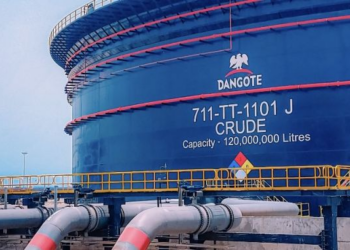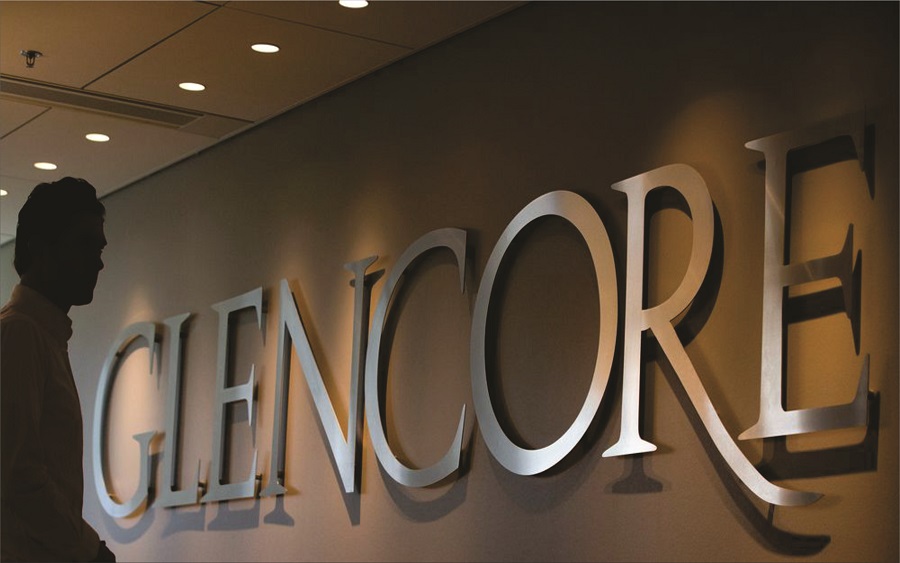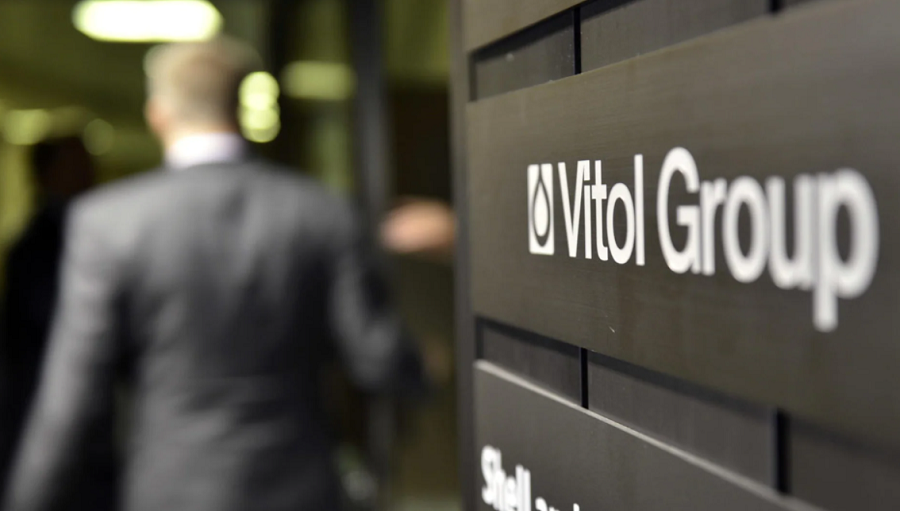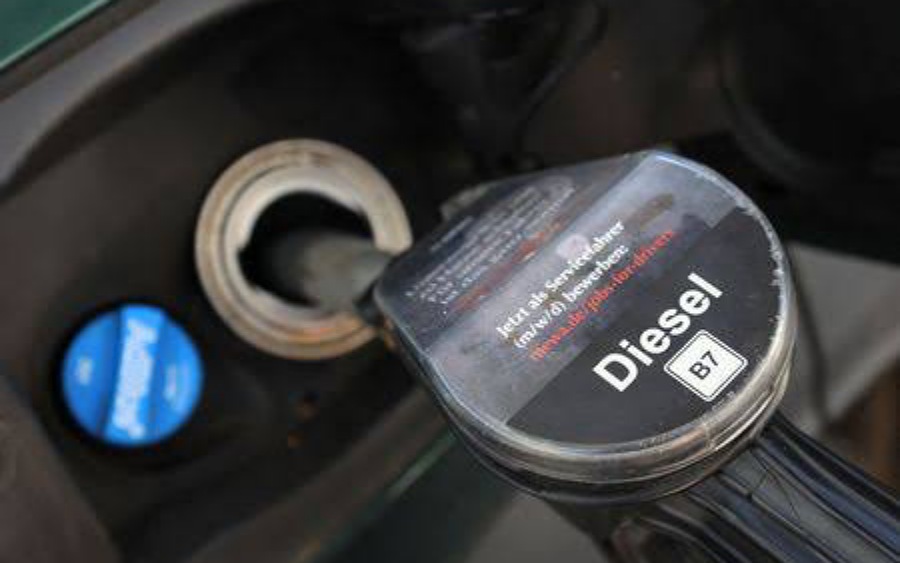The world’s largest Independent oil trading firm, Vitol Group, paid a record $2.2 billion to its executives and staff through share buybacks last year, an unusually large payout, as the oil trader goes through a transition period in leadership.
This translates to over $6 million each to its about 350 top employees/partners, an amount that compares favourably with compensations at leading investment banks.
According to Bloomberg, the share buyback which is Vitol’s main way of rewarding its top employees who have stakes in the privately-owned company means the trading firm has paid over $14 billion to its partners in the past 15 years.
This figure shows how the wealth of the commodities trading industry has been distributed to just a few senior executives who have gone through the ups and downs of the energy markets over the past 2 decades.
The global energy sector which has been going through challenging times due to the impact of the coronavirus pandemic on oil demand and prices has seen income from oil trading activities play a major role in sustaining the industry.
Vitol, which is led by Russel Hardy as its Chief Executive Officer, has enjoyed strong profits in recent years, a trend that continued in 2019 when net income matched the $2.3 billion income record that was set in 2009. The company earlier this year said that it benefited from higher trading volumes and relative tightness in the oil market in 2019.
This created opportunity for bigger trading margins as other trading firms across the industry also reported strong profits in 2019.
Nairametrics had reported that top trader, Glencore Plc, was expecting an impressive trading profit for the year as it had reported an almost $1 billion earnings before interest and taxes in oil trading in the first half of 2020. This was similar to what was earned for the full year 2019.
Vitol ships 8 million barrels of crude oil and petroleum products every day, enough to meet the demand of Germany, France, Italy, Spain and the UK all put together.
The share buyback for last year, was unusually huge for Vitol, which usually paid its partners a smaller amount than the previous year’s net income, allowing the company to increase its equity base. But the $2.2 billion that was given to shareholders in 2019 far exceeded the $1.7 billion that it made in 2018.
The unusually higher payout came at the same time several of Vitol’s senior partners were making way for a new generation. Long-time CEO Ian Taylor moved to become chairman in 2018 and died earlier this year. Other top executives have also taken a step back from day-to-day operations, including Mike Loya, who ran America’s business from Houston and left the company earlier this year, and David Fransen, who was head of the Geneva office.
Vitol had revealed in the past that none of its top partners owned more than 5% shares as the company bought back enough shares from older partners to limit their stake, in other trading firms like Glencore Plc and Trafigura, the top executives have always controlled much larger stakes. It’s unclear if there is a connection between the change of guard at the top of Vitol and the unusual large buyback.
According to the director’s full-year results report, the company expects to achieve a reasonable result in 2020. However, its profit in the first quarter of 2020 fell sharply, with a 70% drop in net income to $180 million, as the company failed to fully anticipate the deep drop in fuel demand caused by the coronavirus pandemic.























